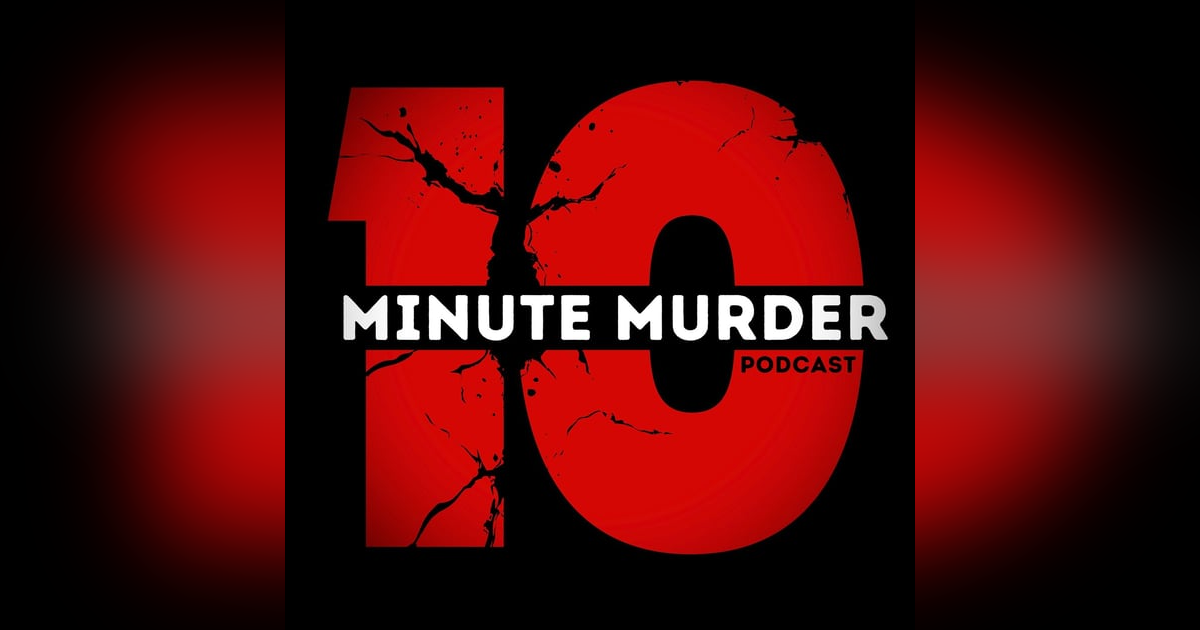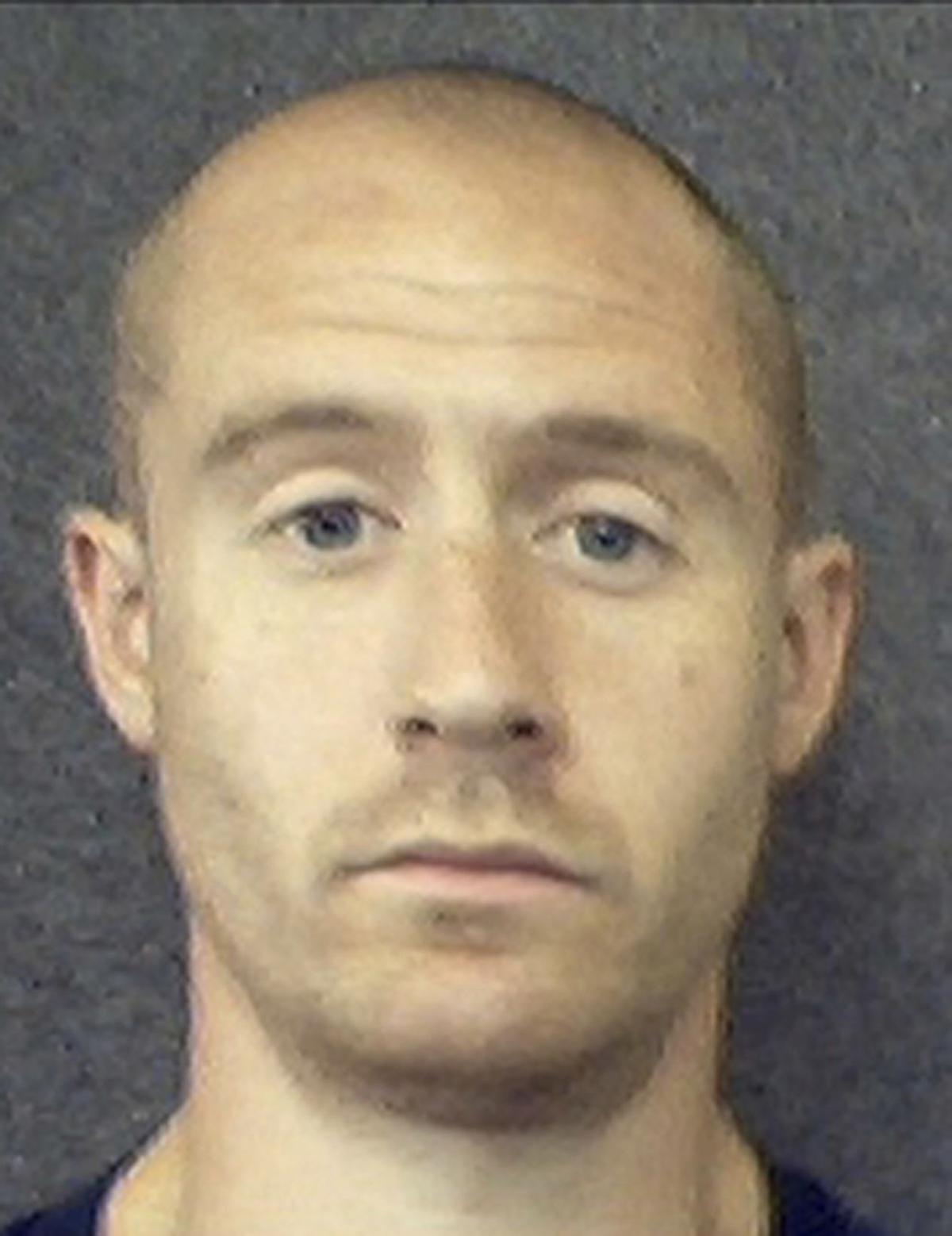On the 20th of May 1998, 15-year-old Kipland Kinkel, who was known as “Kip”, was caught with a gun in his locker at school. One of his friends had recently stolen the .32 caliber pistol, and had sold it to Kip for $110 in cash. After the pistol’s original owner learned that his weapon had been stolen, he immediately suspected that the culprit was one of his teenage son’s friends. When he reported the theft to the cops, he gave them a list of names of teenagers who he suspected could have been involved. Kip’s name wasn’t on the list - but when school officials became aware of the incident, they suspected him anyway.
While Kip was being questioned, Kip made no effort to hide that he had purchased the stolen weapon, saying, “Look, I’m gonna be square with you guys; the gun is in my locker.” Sure enough, the gun was found in Kip’s locker - and it was loaded. Both Kip and the friend who had stolen the gun were arrested, and the school suspended Kip, intending on expelling him after a hearing. After he was arrested from custody, Kip’s father came to pick him up, and spent the drive home threatening to send his son to military school. Later, Kip would claim that he hadn’t heard a word his father said - the voices in his head were too loud.
After arriving home, Kip went up to his bedroom and grabbed his own gun - a semi-automatic rifle that his dad had given him. From a very early age, Kip had been fascinated by guns and explosive devices, even creating homemade bombs as a young teenager. His parents had initially been concerned, but while his mother continued disapproving of Kip’s interest in weapons, his father eventually decided that guns could be a good way for him to bond with his son. He ended up giving Kip several firearms - including a rifle that his own father had once given him - and making Kip attend gun safety classes.
Once Kip had his rifle, he snuck into his parents’ room, where the ammunition was kept. Then, he walked into the kitchen, and shot his dad in the head. His mother was still out of the house, so Kip moved his father’s body into the bathroom, laying a bed sheet over it. Three and a half hours later, his mom got home. He walked to the garage to greet her, telling her, “I love you” before shooting her six times in the head, face, and chest. Just like he’d done after shooting his father, he placed a sheet over the body.
The next morning, Kip listened to one opera recording over and over again, setting his CD player to repeat the track. He wrote a note explaining the murders of his parents, saying, “I just got two felonies on my record. My parents can’t take that. It would destroy them. The embarrassment would be too much for them. They couldn’t live with themselves.” But right after claiming that he’d killed his parents to save them from embarrassment, he wrote, “God damn these voices inside my head. I have to kill people. I don’t know why. I have no other choice.”
After leaving his note on the coffee table, Kip drove to school in his mother’s car. He was dressed in a trench coat which held a total of three firearms, two knives, and more than a thousand rounds of ammunition. He parked a couple of blocks away and then ran onto the school’s campus, where he immediately opened fire with his rifle, wounding two students before walking to the cafeteria. One of the victims survived his injuries, but the other, 16-year-old Ben Walker, later died in hospital. Inside the cafeteria, Kip fired 48 more times, wounding 25 students. One student, a 17-year-old boy named Mikael Nickolauson, died from his wounds shortly afterward.
With his rifle now empty, Kip had to pause his attack to reload. One of the students who had just been shot, Jacob Ryker, saw an opportunity to overpower Kip, and tackled him while he was distracted. Kip managed to draw another gun and shoot Jacob another time, but along with several others, Jacob managed to hold Kip down. While he was being restrained by a small crowd of high schoolers, Kip repeatedly yelled, “Just kill me!” Instead, the group held Kip in place until the police arrived.
Shortly after being placed in police custody, Kip managed to grab onto one of his hunting knives and attempted to stab one of the officers, hoping that he could commit suicide by cop. He later claimed that he had wanted to end his own life shortly after murdering his parents, but he had lost his nerve and hadn’t followed through. Instead of giving into Kip’s requests to be shot, the officer used pepper spray on him. Kip’s attempts on his own life continued in jail, where he tried to starve himself to death.
Only a few days before jury selection for his trial, Kip decided to plead guilty to both murder and attempted murder, and in late 1999, he received a sentence of more than 100 years without parole. He spoke briefly at his sentencing, apologizing for killing his parents and shooting up his school. Almost a decade later, he appeared to change his mind about his guilty plea, claiming that his case should have been taken to trial, and that his attorneys should have used an insanity defense due to his history of poor mental health.
There was plenty of documented evidence that Kip had suffered from mental illness since he was a young boy - he had even been referred to a psychologist the year before the shootings, and had been diagnosed with depression. Only eight weeks later, his parents and the psychologist agreed that Kip had improved enough that he could stop receiving treatment, and when his Prozac prescription ran out, it was never refilled.
Because of his history of mental illness, Kip requested a second trial, supported by two psychiatrists, who testified that he had been showing signs of schizophrenia at the time the crimes were committed. He had suffered from paranoid delusions for several years, beginning when he was around twelve years old. The delusions included an unwavering belief that the West Coast was about to be invaded by the Chinese, and that the United States government had placed a computer chip into his brain without his consent. Because of these delusions, he reported living his life in a constant state of high alert. He also reported hearing three different voices in his head, which he labeled as Voice A, B, and C. Voice B was the voice who constantly insulted Kip and told him that life wasn’t worth living - whereas Voice A was the one who commanded him to carry out violent acts, such as fatally shooting his parents.
Despite the impact that his delusions had on his quality of life, Kip didn’t tell anybody about the voices until he was already in prison. He explained this as being due to a deep fear of being labeled as “retarded” or “abnormal”, or even being sent to an asylum. He tried to drown out the voices by carrying out intense physical activity or playing music as loud as he could, but it never really worked.
Despite the psychiatrists’ testimony, the judge denied Kip’s request for another trial.. Kip appealed the decision in both state and federal courts, but as of 2023, he hasn’t gone back to trial.
In prison, Kip was officially diagnosed with paranoid schizophrenia, and began receiving treatment for the condition. He started taking college classes, became a yoga instructor, and later began to work as an electrician. In 2020, Kip agreed to speak to a reporter from the American news site HuffPost, taking part in around 20 hours of interviews.
He described how, after his antipsychotic medication began to take effect, he realized that so many of his core beliefs - such as having a chip implanted in his brain - were delusions. Without the constant paranoia taking over his life, he was left to try to come to terms with what he had done.
“I did these things,” Kip said in one of the interviews. “I hurt these people. I killed my own parents, who I absolutely loved, and who loved me, and were good people. I shot and wounded completely innocent people that didn’t deserve anything bad to happen to them at all. I killed two boys who were completely innocent. And I [had] to understand why I did this.”















